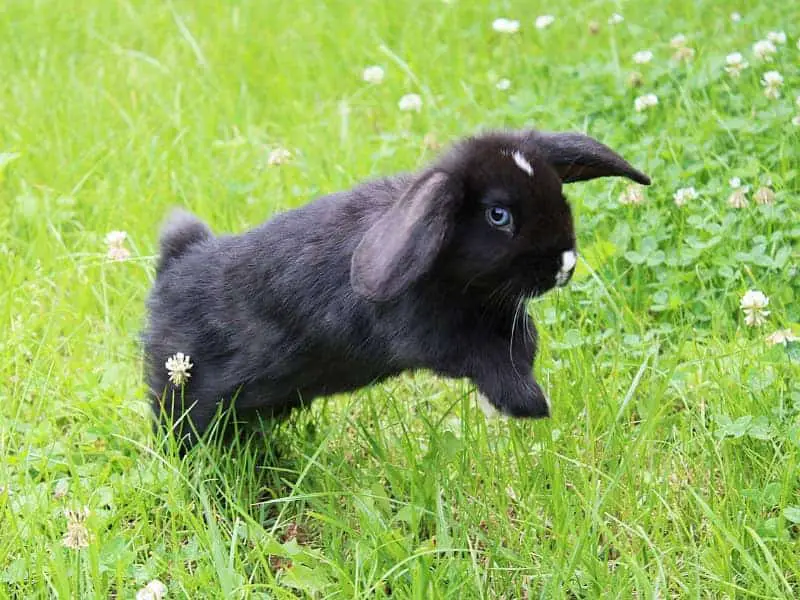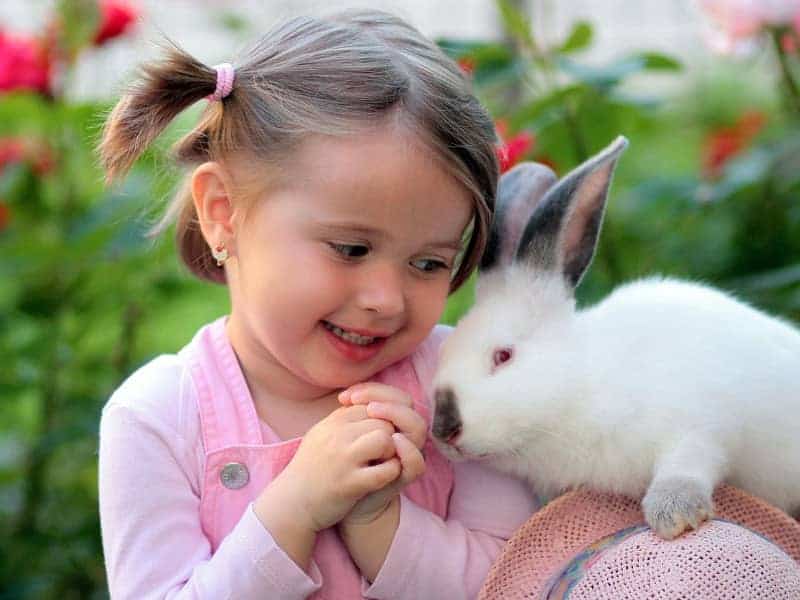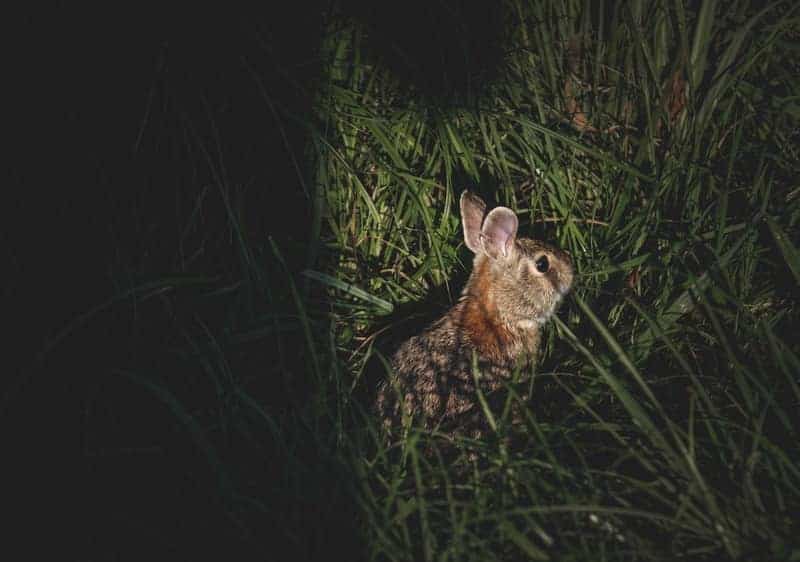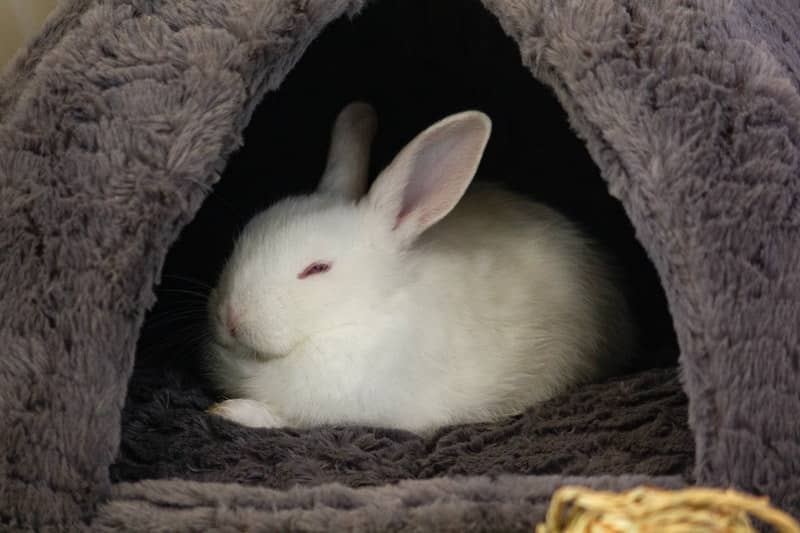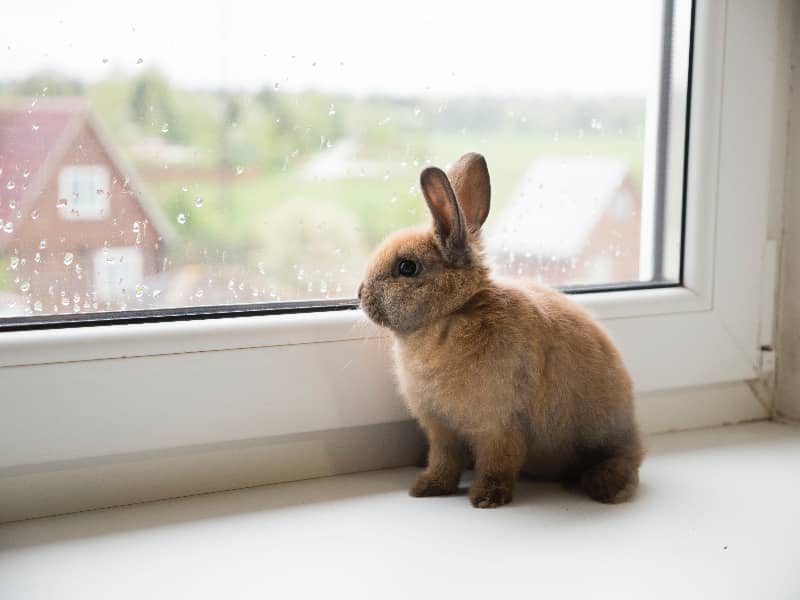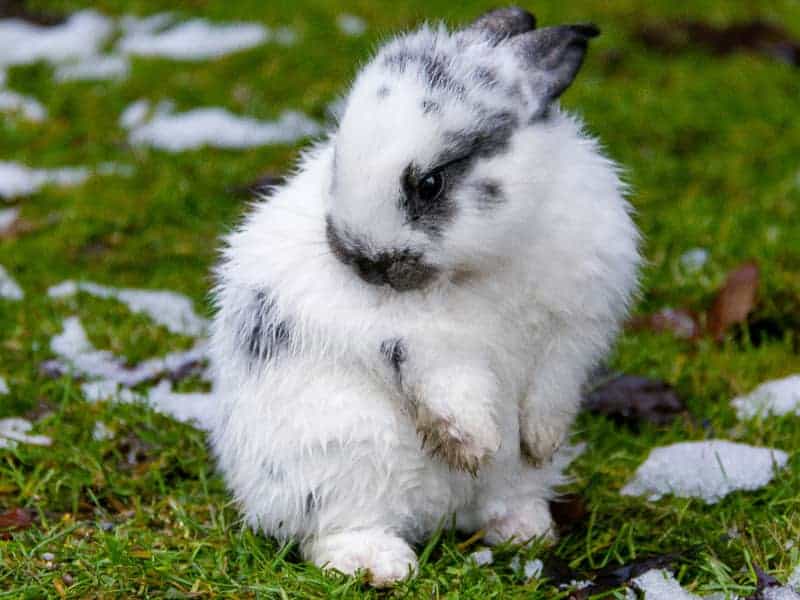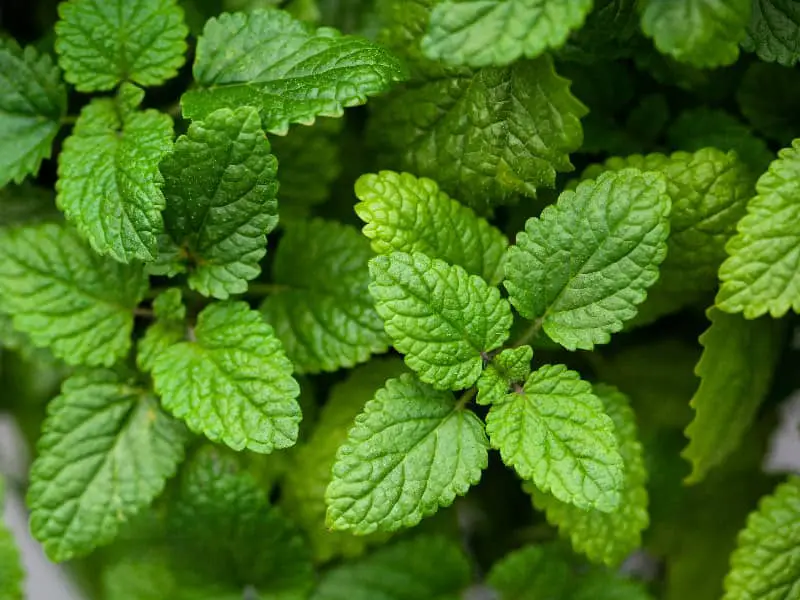
Are rabbits allowed to eat lemon balm?
Everyone who owns a rabbit wants to make sure their little furry friend is getting the best of nature. Hence the questions, "Is this safe for my rabbit?", "Can my rabbit eat lemon balm?". Lemon balm is found in many gardens and kitchens and gives off a lovely citrus scent. But is it also suitable for rabbits?
Here's a detailed look at the different parts of lemon balm and their effects on our beloved long ears.
Can rabbits eat the leaves of lemon balm?
The leaves of lemon balm are probably the best known part of the plant. They are often used in teas or served fresh in salads. But what about rabbit?
Yes, rabbits can eat the leaves of lemon balm. Not only are the leaves safe, but they can have health benefits for your rabbit. They contain essential oils that have antibacterial properties. This means they can help boost your rabbit's immune system and protect it from some diseases. Also, the leaves have a calming effect that can be especially helpful for stressed or anxious rabbits.
Can rabbits eat the stems of lemon balm?
Now that we know the leaves are safe, what about the stems? Many rabbit owners might consider feeding the entire plant to their little friends.
The stems of lemon balm are also safe for rabbits. While they do not contain as many nutrients as the leaves, they still provide a good source of fiber. Fiber is essential for the digestive system of rabbits. It helps keep the digestive system moving and prevents constipation.
Can rabbits eat the flowers of lemon balm?
Lemon balm blooms from June to October and produces small, white flowers. These flowers often attract bees, which has earned the plant its alternative name "bee balm".
Lemon balm flowers are also safe for rabbits to eat. In fact, they can provide a tasty change in your rabbit's diet. Flowers are often rich in antioxidants that can help protect your rabbit's cells and boost their immune system.
Can rabbits eat the roots of lemon balm?
An often overlooked part of lemon balm is its root. While the above-ground parts of the plant are best known in human nutrition, some rabbit keepers wonder if the roots are also suitable.
The roots of lemon balm are technically not toxic to rabbits. This means that if your rabbit accidentally consumes some of the roots, it should not be harmful. However, they are not as nutrient-rich as the other parts of the plant. So it would be better to keep them out of your rabbit's daily diet and focus on leaves, stems and flowers instead.
Are dwarf rabbits allowed to eat lemon balm?
You might think that the size of a rabbit determines the amount it can safely eat. This is partially true. While dwarf rabbits should eat less of certain foods because of their smaller size, lemon balm is not necessarily one of those restrictions.
Pygmy rabbits may eat lemon balm in similar amounts as their larger counterparts. The main concern with dwarf rabbits is to make sure they are getting a balanced diet and that they are not overfed. As with all treats, lemon balm should be given in moderation.
Combination with other feeds
Besides lemon balm, there are many other herbs and vegetables that rabbits love. But how do you best combine them to ensure a varied and nutritious diet for your pet?
Lemon balm combines well with other rabbit-friendly herbs such as basil, parsley and dill. This not only provides a variation in flavor, but also a variety of nutrients. However, it is important to make sure you only introduce a small amount of a new food at a time and watch your rabbit carefully to make sure there are no negative reactions.
Organic quality and lemon balm: What to consider
Organic produce is available in many stores and gardens these days, and lemon balm is no exception. What does this mean for your rabbit's diet and what is the impact of choosing between conventionally grown and organically grown lemon balm?
Organically grown lemon balm is grown without the use of synthetic pesticides and fertilizers. This means that the plant is likely to contain less residue of these chemicals, which could potentially be harmful to your rabbit. So if you have the option of choosing organic lemon balm, that would be a safer option for your pet.
However, this does not mean that conventionally grown lemon balm is necessarily harmful. If you choose this option, it is important to wash the plants thoroughly to remove possible pesticide residues.
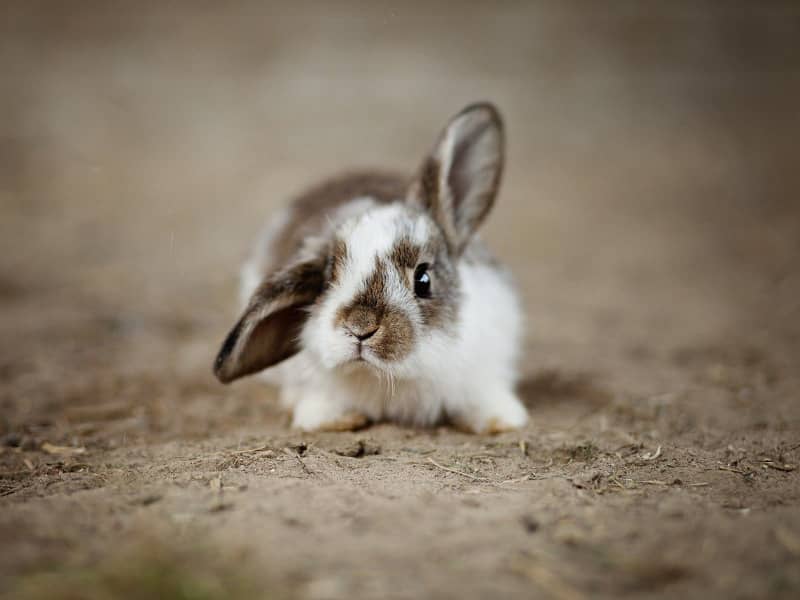
Storage and shelf life of lemon balm
Of course, if you plan to buy lemon balm in bulk or grow it yourself, the question is how best to store it to preserve its freshness.
Fresh lemon balm can be stored in the refrigerator in a plastic bag or container for up to a week. To extend the shelf life, you can also dry the lemon balm and store it in an airtight container. Dried lemon balm retains many of its beneficial properties and can be stored for a longer period of time without losing quality.
Frequently asked questions about lemon balm and rabbits
Why should I give lemon balm to my rabbit?
Lemon balm can not only provide a tasty change in your rabbit's diet, but it can also provide health benefits. The calming effect of the leaves can be especially useful if you have an anxious or stressed rabbit.
Are there any risks if I give my rabbit too much lemon balm?
As with most things in life, quantity is key with lemon balm. While it is safe in moderate amounts, too much can cause digestive problems. It is important to monitor the amount you give your rabbit and make sure it is not overfed.
Are there other herbs I can give my rabbit?
Yes, there are many other herbs that are safe for rabbits. These include parsley, basil and cilantro. However, it is always important to introduce new foods slowly and watch your rabbit's reaction to them. Each rabbit is an individual and what is good for one could be problematic for another.
Conclusion: Are rabbits allowed to eat lemon balm?
The question of whether rabbits should be allowed to eat lemon balm is one that concerns many pet owners, especially if they are looking for healthy and varied dietary options for their furry friends. The good news is that lemon balm is not only safe for rabbits, but also offers numerous health benefits.
The leaves, stems and flowers of lemon balm are rich in nutrients and provide an aromatic change to the daily diet. Pygmy rabbits can also benefit from this plant as long as it is fed in moderation. While the roots are not harmful, they do not provide the same nutritional value as the above ground parts of the plant.
Choosing organically grown lemon balm can provide an additional layer of safety by minimizing the consumption of pesticides and chemicals. Nevertheless, all lemon balm, regardless of its source, should be thoroughly washed before being fed.
Storage and shelf life are other important aspects that should be considered to ensure that the rabbit always receives fresh and nutritious food. With proper storage and handling, lemon balm can be a valuable and safe addition to any rabbit's diet.
In conclusion, lemon balm is an excellent option for rabbit owners who want to provide their animals with a healthy and varied diet. With the right dosage and caution, it can contribute to the health and well-being of the rabbit.
Author

-
Garden animal - A life with nature
Welcome to my animal blog! My name is Dirk and I am happy to take you on my journey through the fascinating world of animals and gardening.
Born 54 years ago, I have had an insatiable curiosity for the animal world around me since childhood. Although I have moved professionally in other industries, my true passion has always been animals and nature. It is remarkable how a small garden has become such an important part of my life.
Many of my fondest memories are associated with the animals that share our home. Whether it's the curious squirrels that scurry across the trees in the morning, the colorful variety of birds that visit our feeders, or the busy bees and butterflies that pollinate our flowers, every moment with them is invaluable to me.
This blog is my contribution to share my experiences, discoveries and insights with like-minded people. Here I will share stories of unforgettable encounters with animals, give tips on gardening and creating wildlife-friendly habitats, and take you on my journeys through nature.
Thank you so much for being here!
Cordial,
Dirk aka garden animal
Last posts
- 27. February 2024PetsVeganes Hundefutter – Grün und Gesund?
- 18. January 2024ChickensOregano für Hühner
- November 27, 2023HamsterDiurnal hamsters
- November 24, 2023HamsterHamster hammock

